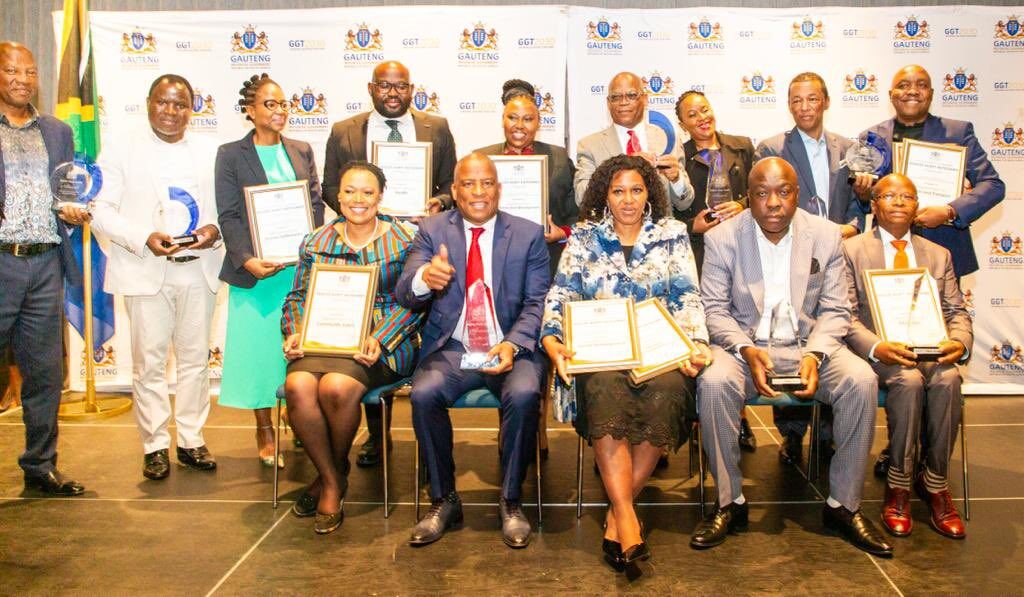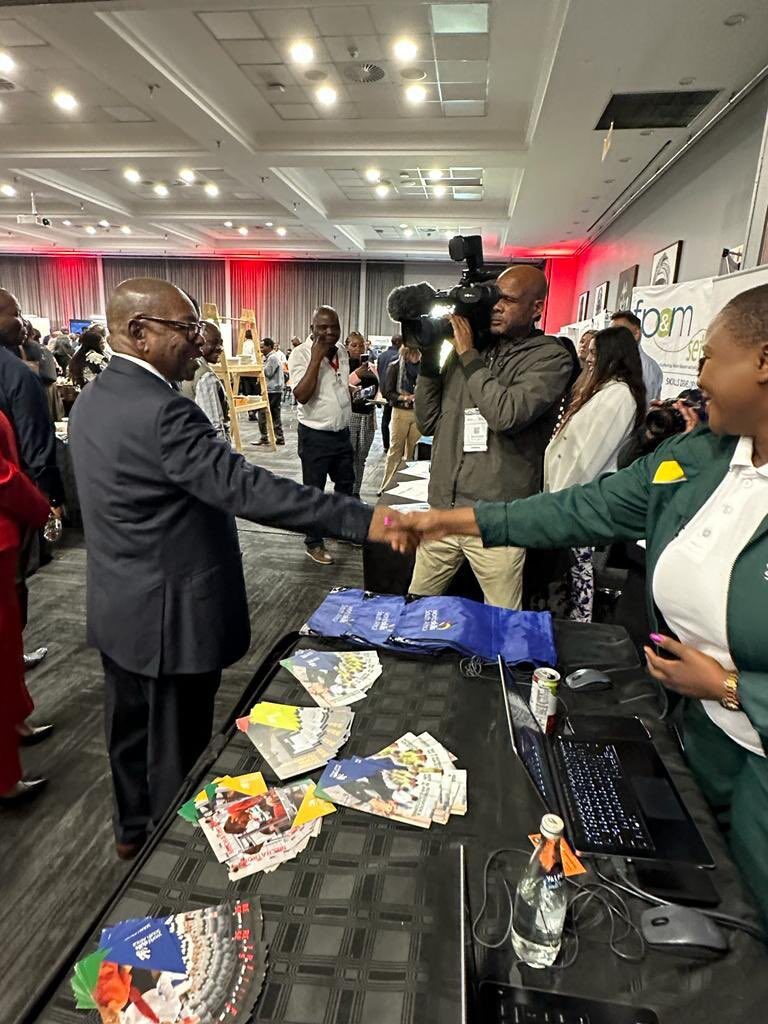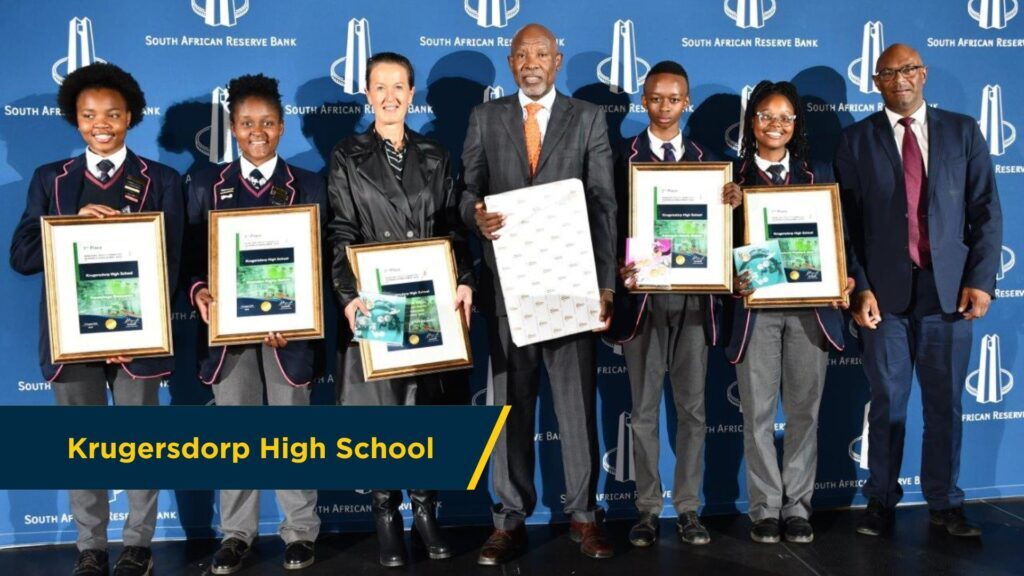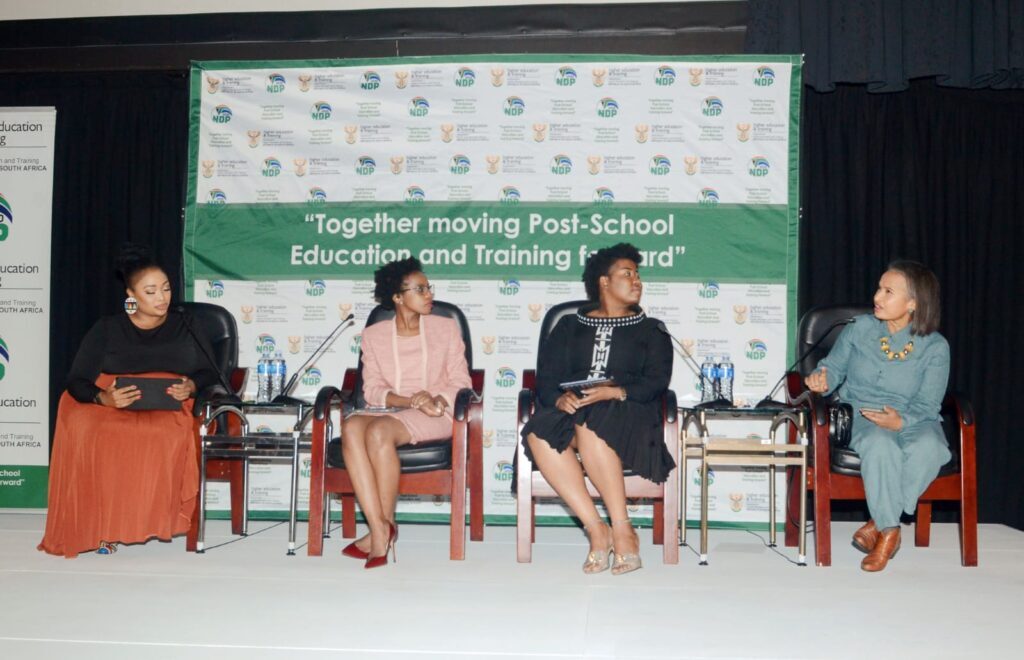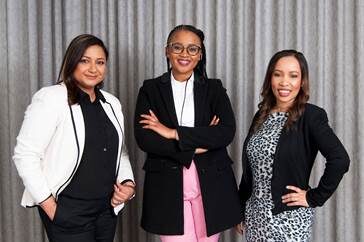Gauteng Education’s clean audit award is a remarkable milestone – Chiloane
Phuti Mosomane
Gauteng Education MEC Matome Chiloane says his department’s achievement of a clean audit outcome represents a remarkable milestone.
In the 2022/2023 financial year, six departments achieved clean audit opinions, with Gauteng Education improving to a clean audit.
Chiloane received an award from Premier Panyaza Lesufi, honouring the department for attaining a clean audit outcome for the 2022/23 financial year.
“This achievement stands as a remarkable milestone for our Department,” Chiloane said shortly after the award ceremony on Wednesday.
Lesufi said Gauteng is moving towards clean governance as 17 departments and entities achieved clean opinion audits in the 2022/23 financial year.
He awarded the provincial departments and entities for their achievements, noting that there has been a steady increase in the number of departments and entities achieving clean audits over the past three years.
Lesufi said these achievements have been made possible through various key initiatives.
“The integrity of supply chain management in departments has been enhanced through the vetting process of all officials tasked with procuring goods and services on behalf of government,” he said.
The Department of Education received an award for the most improved department.
This marked a “remarkable milestone” for the department, considering the size of its annual budget, which exceeds R60 billion, the second-largest allocation in the province.
Lesufi said the department dedicated extensive efforts to reach this significant milestone.
“In the past five years, the department intensified its efforts starting with strengthening the control environment, identifying risk areas and focusing on those, and taking appropriate remedial action where wrongdoing has occurred,” he said.
Lesufi commended the Department of Health for consecutively turning the corner in the past three years and achieving an unqualified audit opinion.
“The Department of Health has intensified internal control systems to improve its financial stability,” said Lesufi.
He said some of the measures the department introduced, including almost 1600 senior managers and officials in Supply Chain Management and Human Resources Management, have been subjected to a vetting process.
The department has curbed the wrong practice by officials of splitting of orders to avoid going to tender.
He said all purchases between the value of R500 000 and R1 million are forwarded to the Gauteng Provincial Treasury for verification and to ensure that they comply with Supply Chain Management prescripts.
He also applauded the Department of Human Settlements for its achievement, saying it’s not always easy for such a big department tasked with a huge role of providing housing for the people of Gauteng.
The Department of Human Settlements and Department of Roads and Transport have improved from a qualified to an unqualified audit opinion.
There were no regressions for departments in the 2022/23 financial year.
Meanwhile, 58% (11) of entities achieved clean audit opinion, a 22% improvement from the prior year. Six achieved unqualified audit opinion, with g-Fleet improving from a qualification to unqualified.
One entity, Gauteng Housing Fund received a disclaimed audit opinion.
Premier Lesufi said this was because the entity was now dormant.
The Transport Authority of Gauteng achieved incomplete opinion as the audit is still in progress. The Gauteng Liquor Board, Cradle and Dinokeng improved to a clean audit.
“Gauteng government is committed to maintain the clean audits that have been achieved, and at the same time improve audit outcomes of other departments and entities going forward. We will intensify internal controls to ensure that we do not regress,” said Lesufi.
INSIDE EDUCATION

